
About Andrew Cusack
 Writer, web designer, etc.; born in New York; educated in Argentina, Scotland, and South Africa; now based in London.
Writer, web designer, etc.; born in New York; educated in Argentina, Scotland, and South Africa; now based in London. read more
News
Blogs
Reviews & Periodicals
Arts & Design
World
France
Mitteleuropa
Knickerbockers
Argentina
The Levant
Africa
Cape of Good Hope
Netherlands
Scandinavia
Québec
India
Muscovy
Germany
Academica
Fire the Architects!
Good news everyone! We can fire the architects! That much-hated subset of humanity who have inflicted banality and cheap unpleasantness on the rest of us for nearly a century can finally be chucked into the dustbin of history.
As Nikos Salingaros reports in The Critic, Artificial Intelligence (AI) is revealing what experts deny, exposing the stubborn ignorance of the architectural profession.
Basically, humans don’t like bad architecture because it often communicates psychological threat, like the looming cantilevers that human brains subconsciously have difficulty making sense out of. The body then converts the psychological threat into stress as a defence mechanism, which only works if we in turn avoid bad architecture.
As Christopher Alexander and others have noticed, the key to good architecture is not a specific style but the patterns to which humans respond positively. While trained/brainwashed architects continue to feed us mush and gruel, Artificial Intelligence might be able to step in and provide us the good architecture we not only want, but need as human beings.
Inspired by this theory, I decided to use OpenAI research lab’s DALL-E platform which uses verbal descriptions and transforms them into digital images. E.g. if you put in ‘teddy bear waving a French flag’ it transforms it into an image of a teddy bear waving a French flag.
That might not seem so remarkable when you’re dealing with teddy bears, but when you feed architectural prompts into DALL-E, it delivers the goods.
My favourite architectural style is the Cape Dutch, and my favourite town is Oxford, so I decided to feed this combination into DALL-E by prompting it to give me Oxford colleges designed in a Cape Dutch style.
The results are pretty impressive — OK, to me at least — and below are about two dozen examples.
Not a single one of these buildings exists, but AI takes the parameters of what it ‘knows’ an Oxford college looks like and what it ‘knows’ the Cape Dutch architectural style is, and combines them pretty effectively.
Look at these examples and ask yourself this: would you rather live/work/study in these AI-‘designed’ buildings or in the architect-designed ‘Maison du Savoir’ in Luxembourg?
The reason why architecture is the most influential — and most oppressive — of the arts is that we effectively cannot escape it. Modern man has precious little choice over the architecture of his workplace or place of study, and increasingly less and less control over where he lives.
Too often we are condemned to spend most of our existence in bad architecture, which the body continues to convert into prolonged, low-key stress. The effects on human health, psychology, and general well-being are predictable.
Bad architecture is ultimately the fault of the innumerable powers — house builders, property developers, city councils, and other institutions — who tolerate it. Even if we don’t fire the architects just yet, we can taunt them endlessly and mercilessly by pointing out a machine can design more enjoyable and more humane buildings than they can.


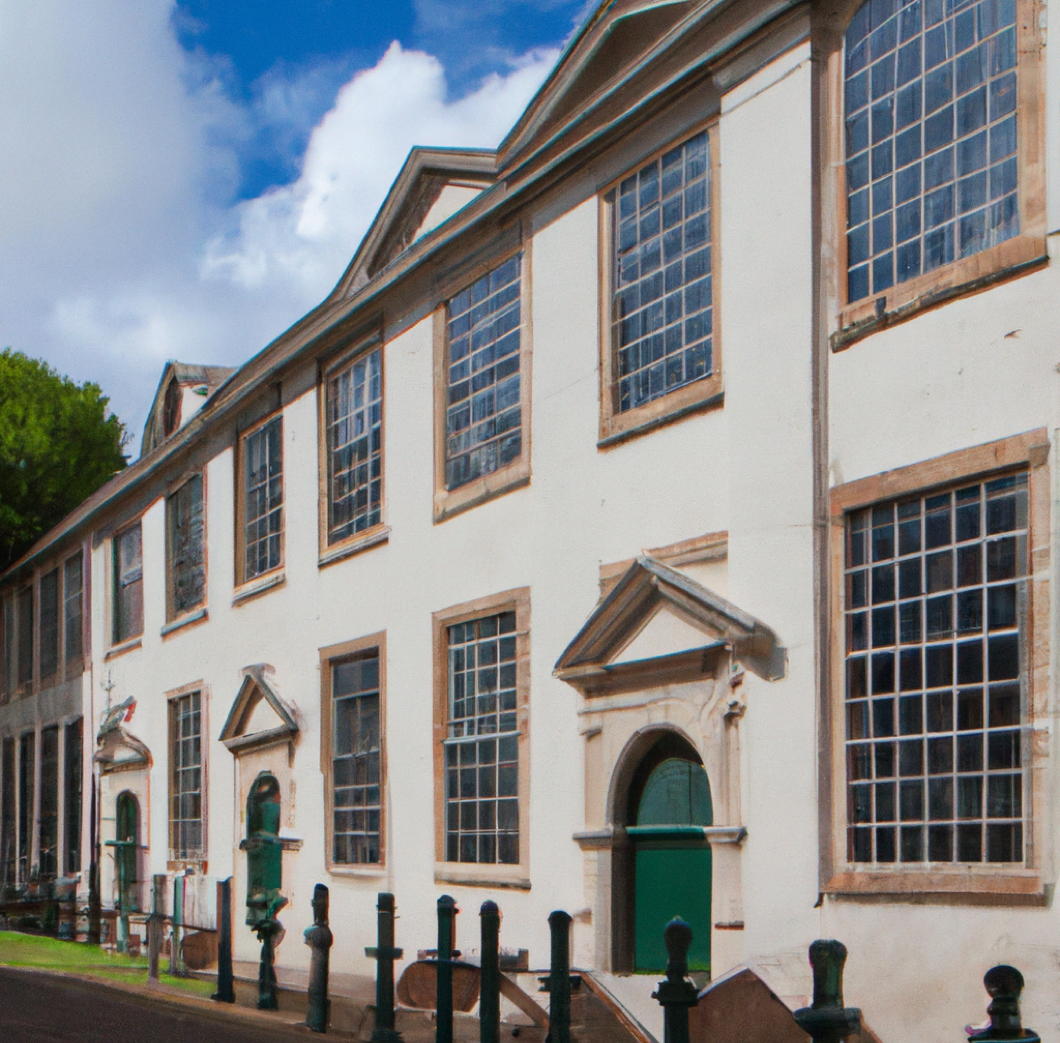
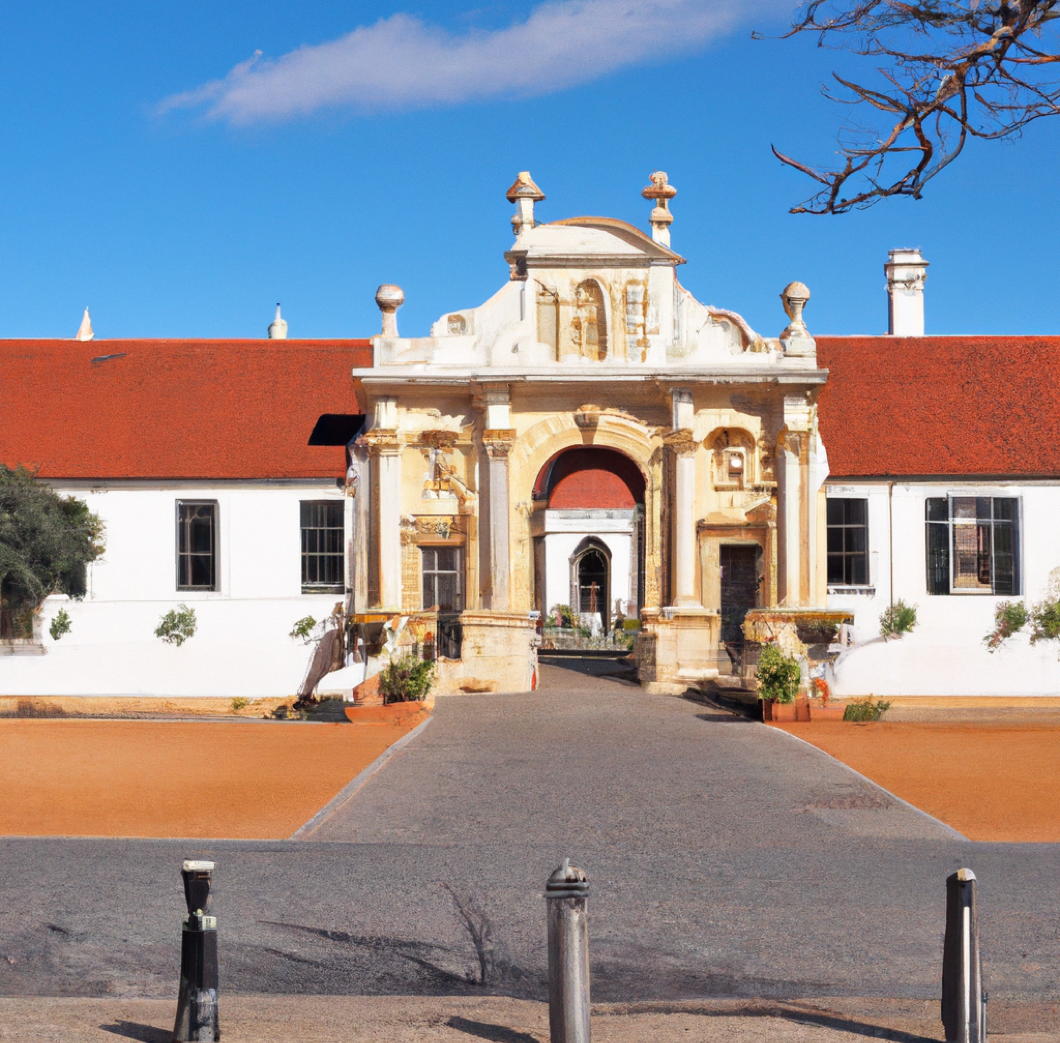
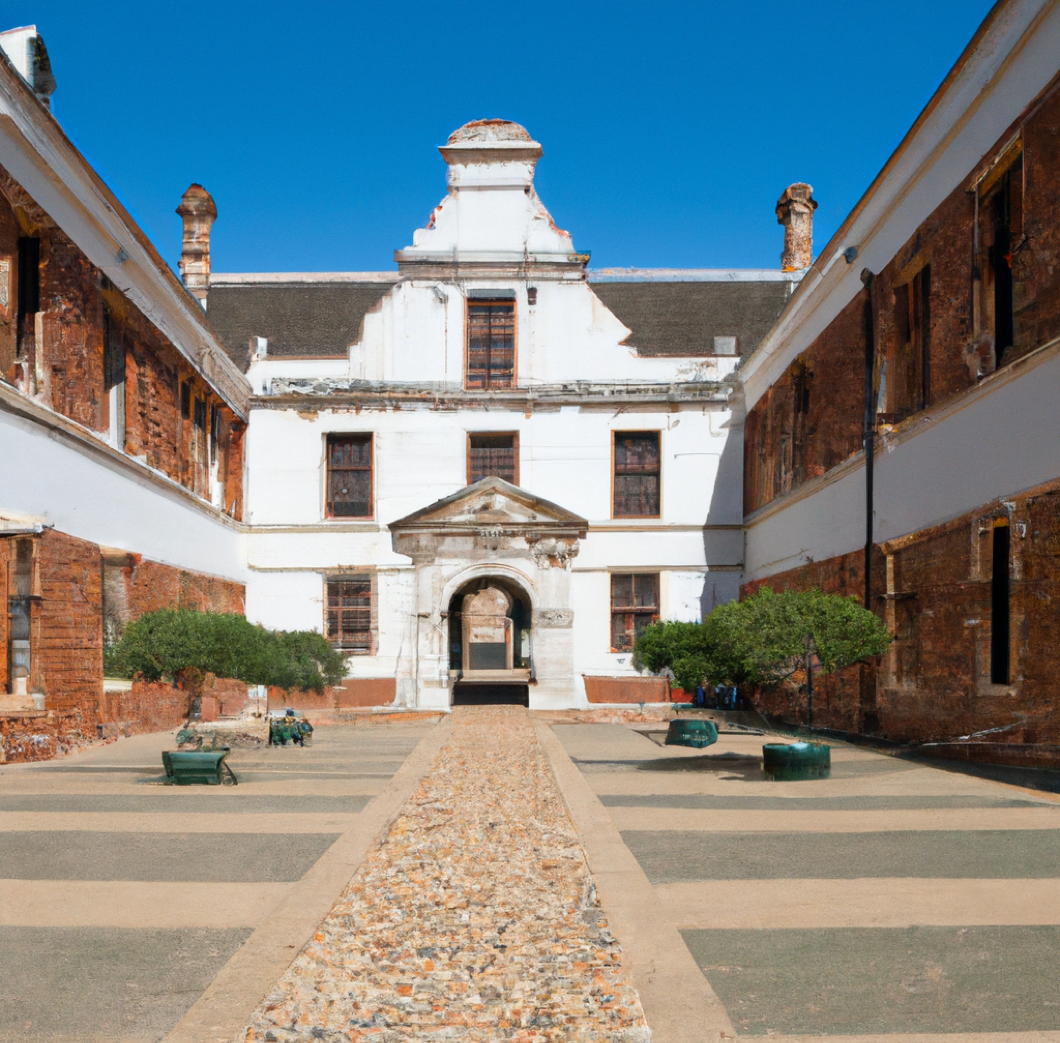
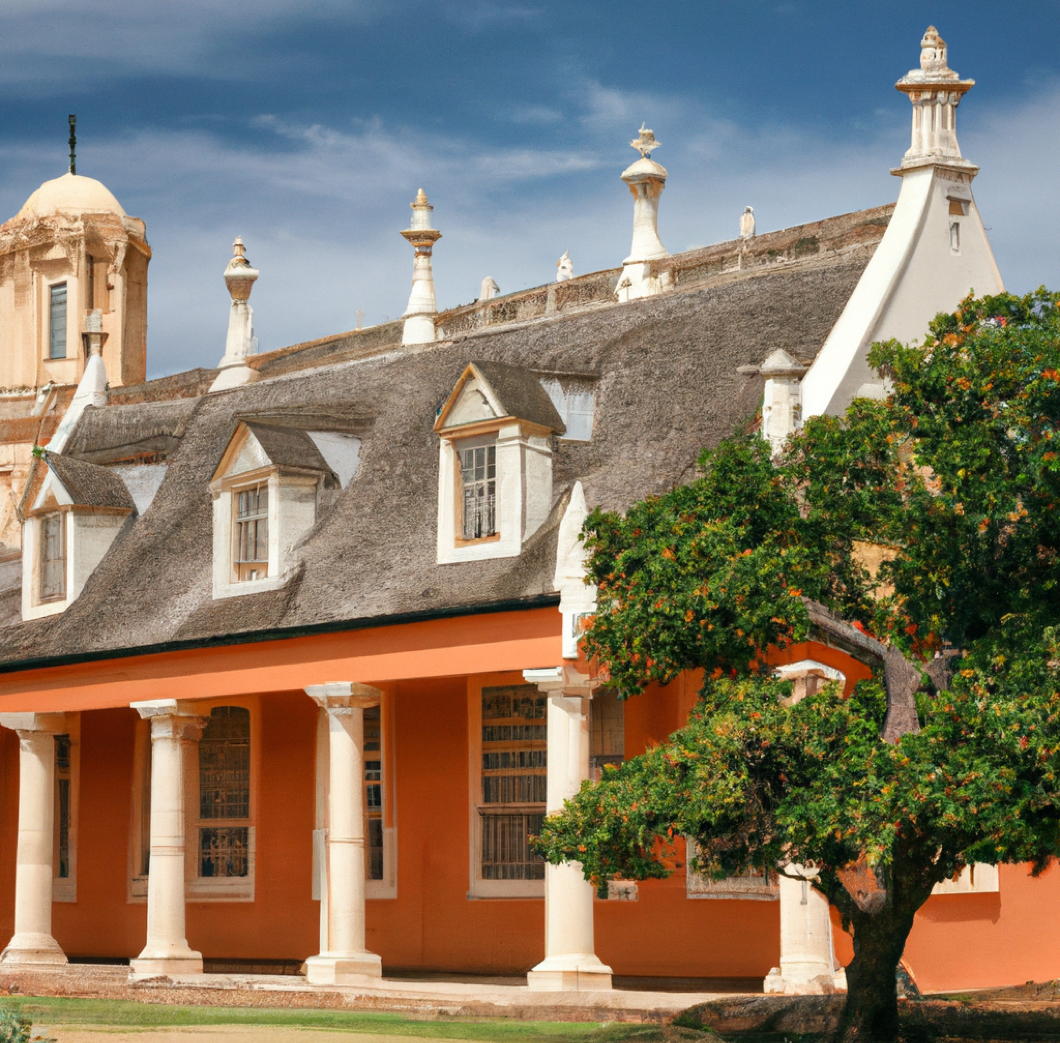
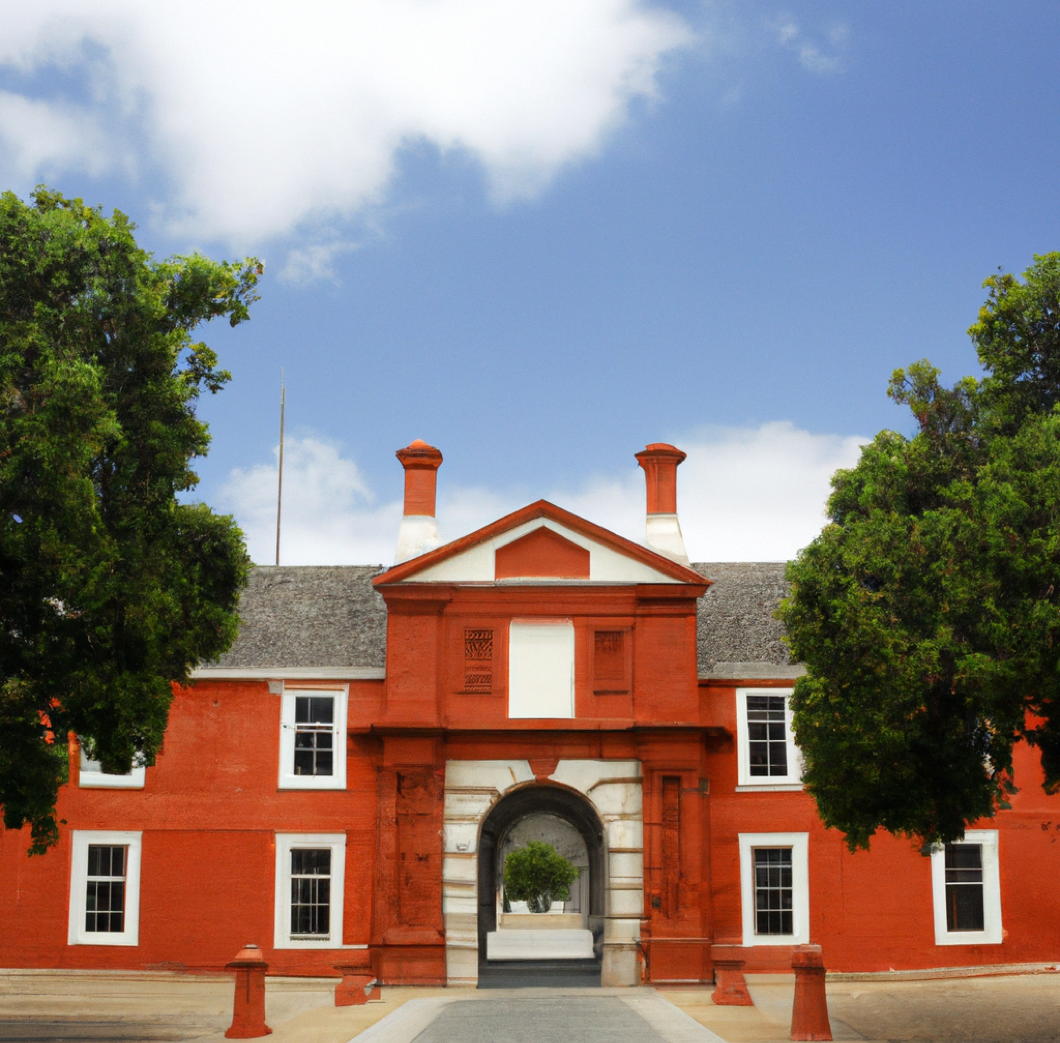
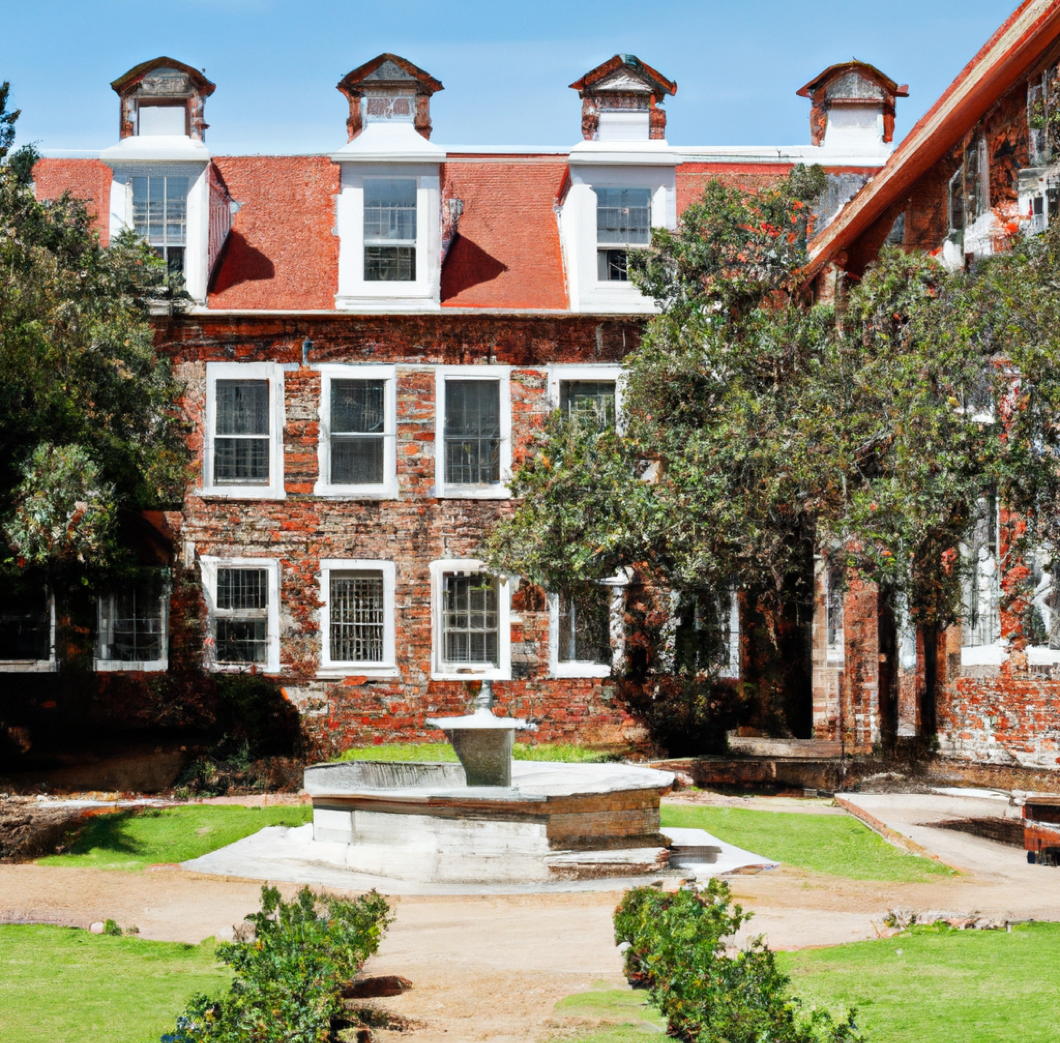
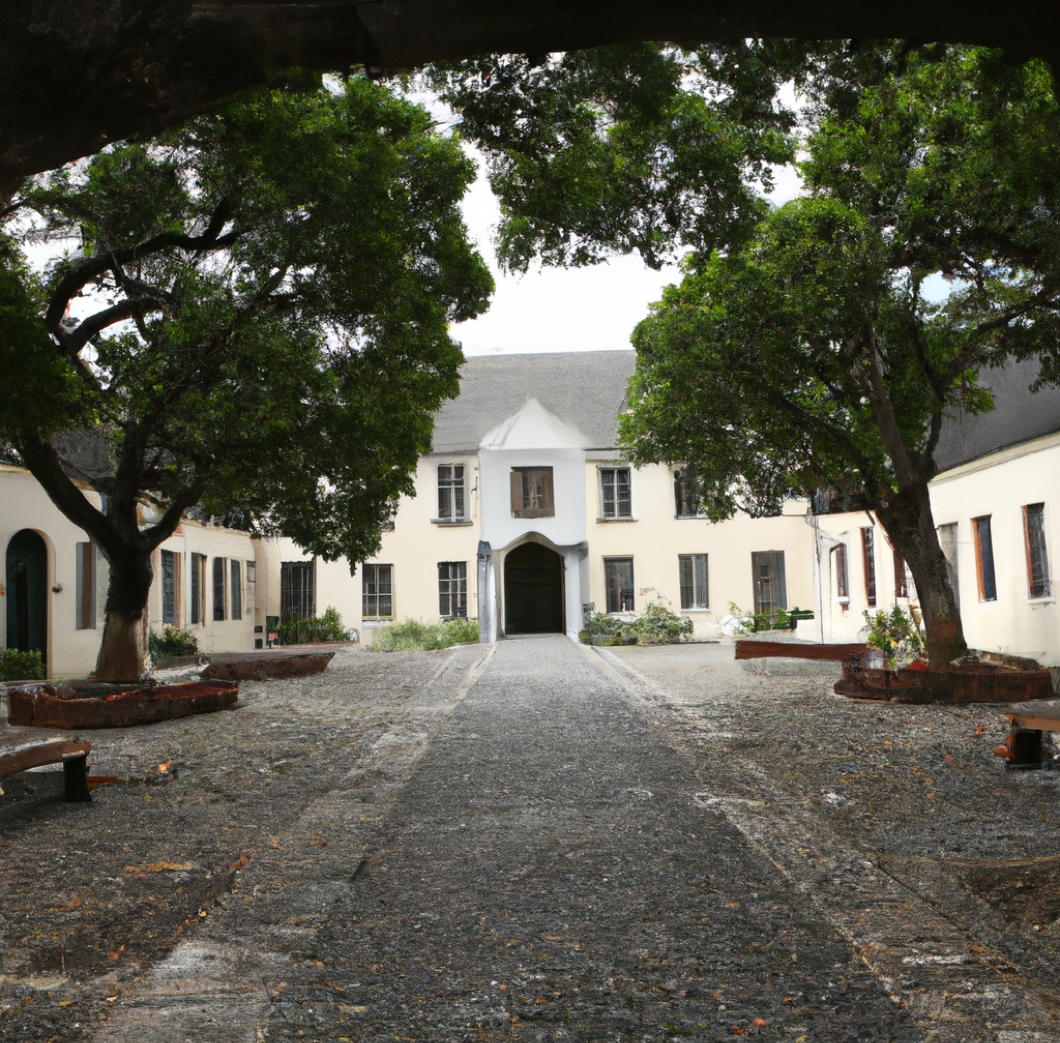
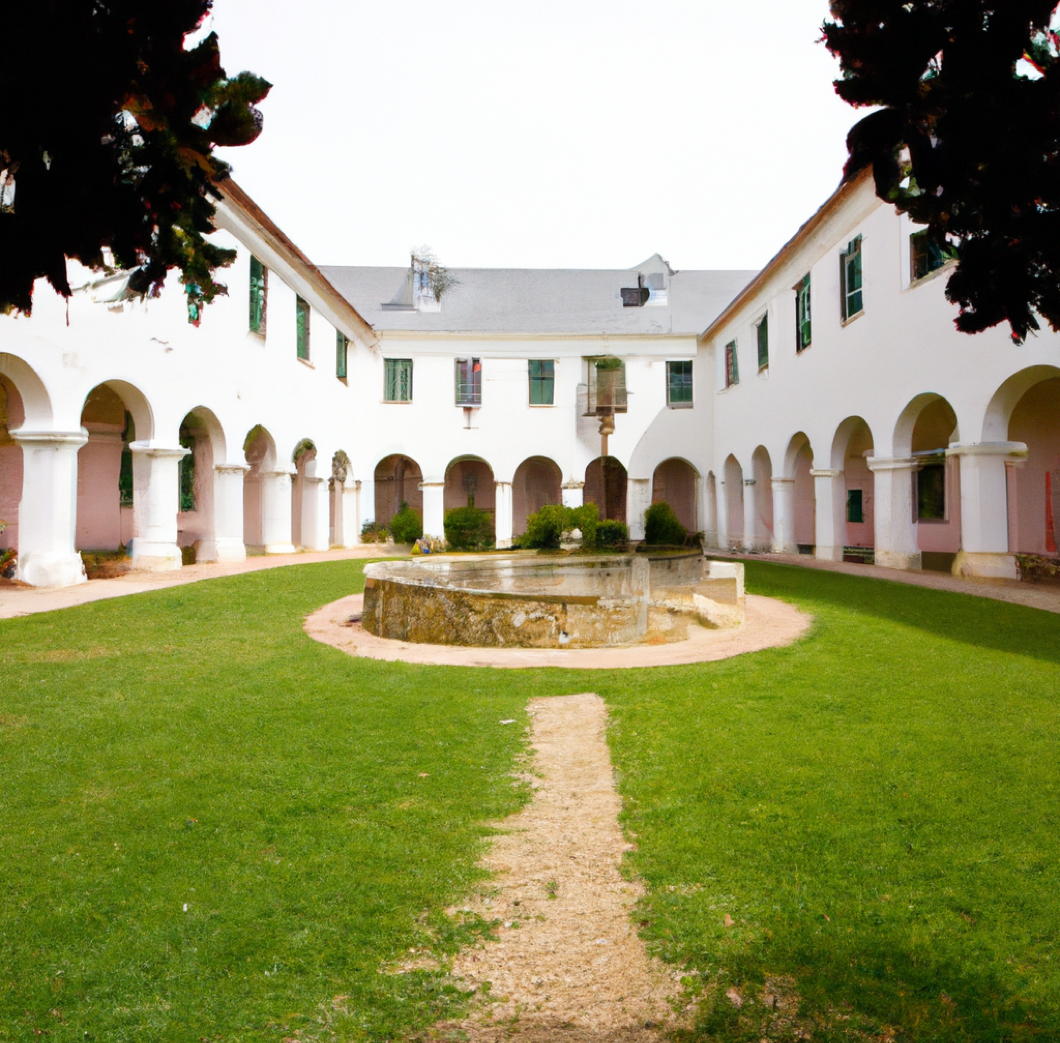

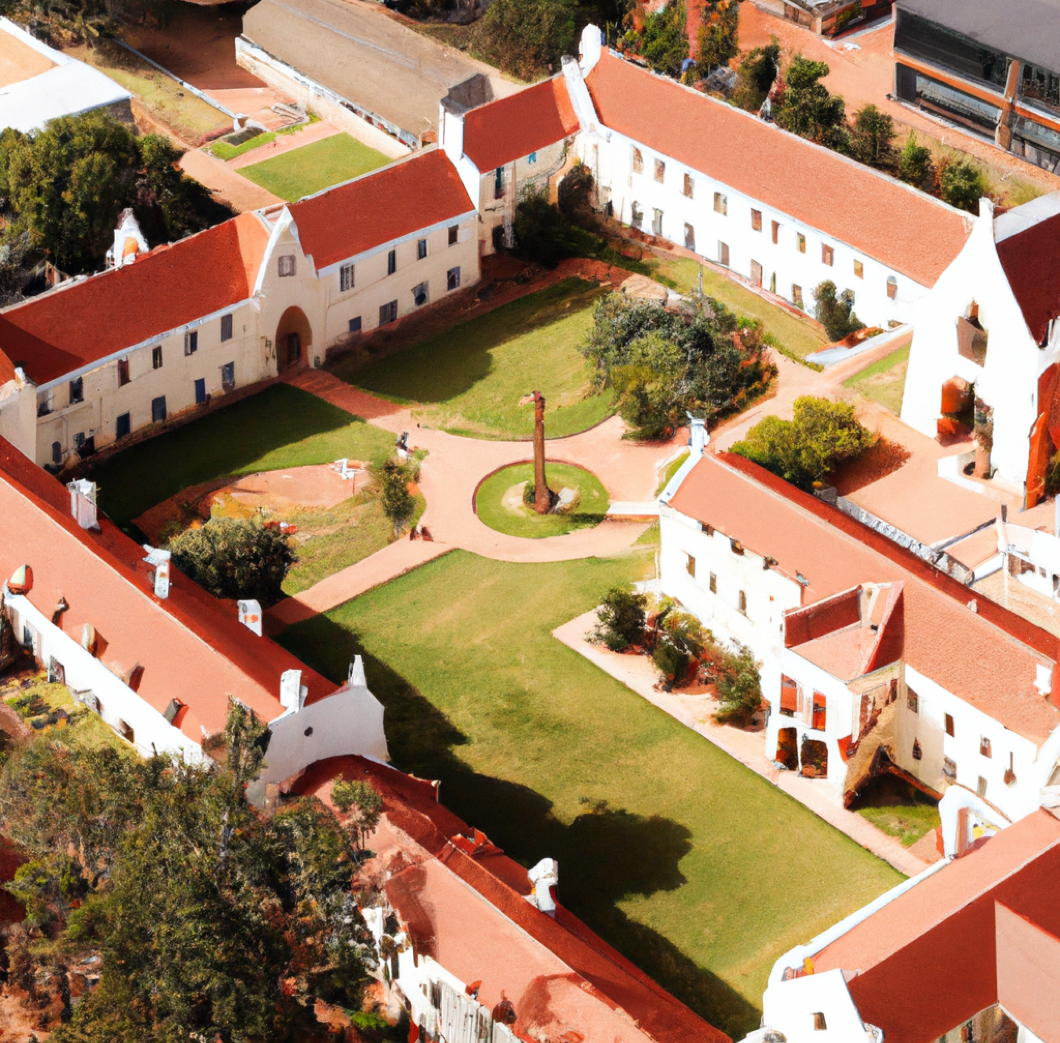


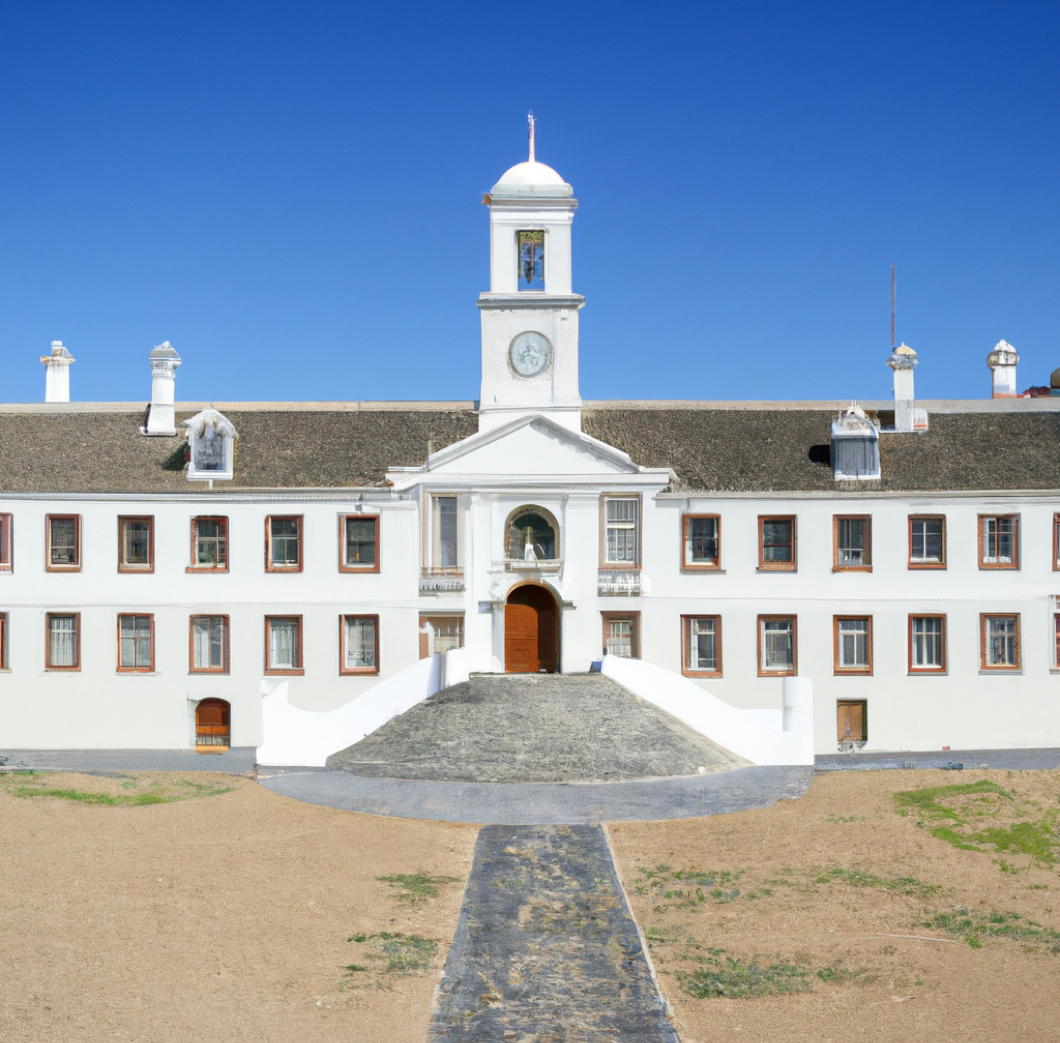
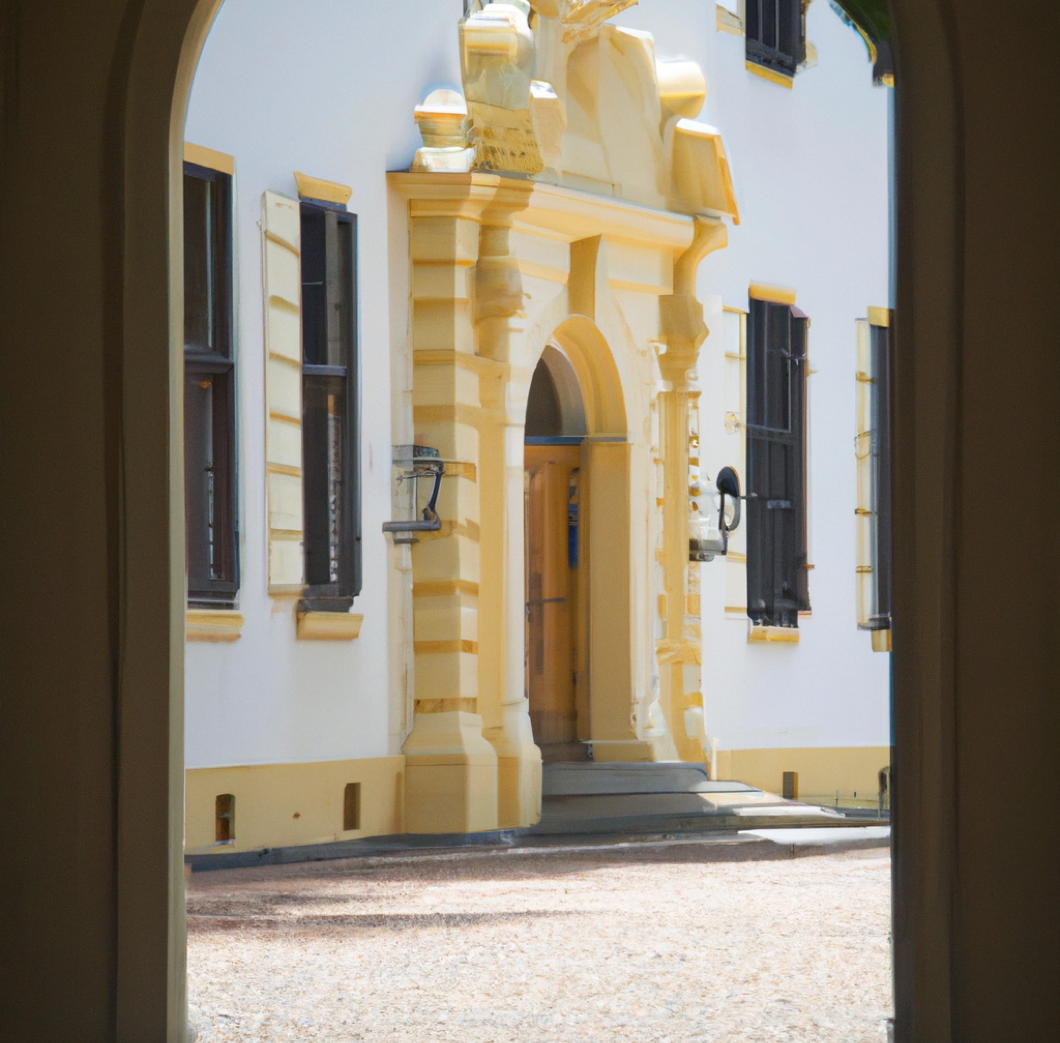
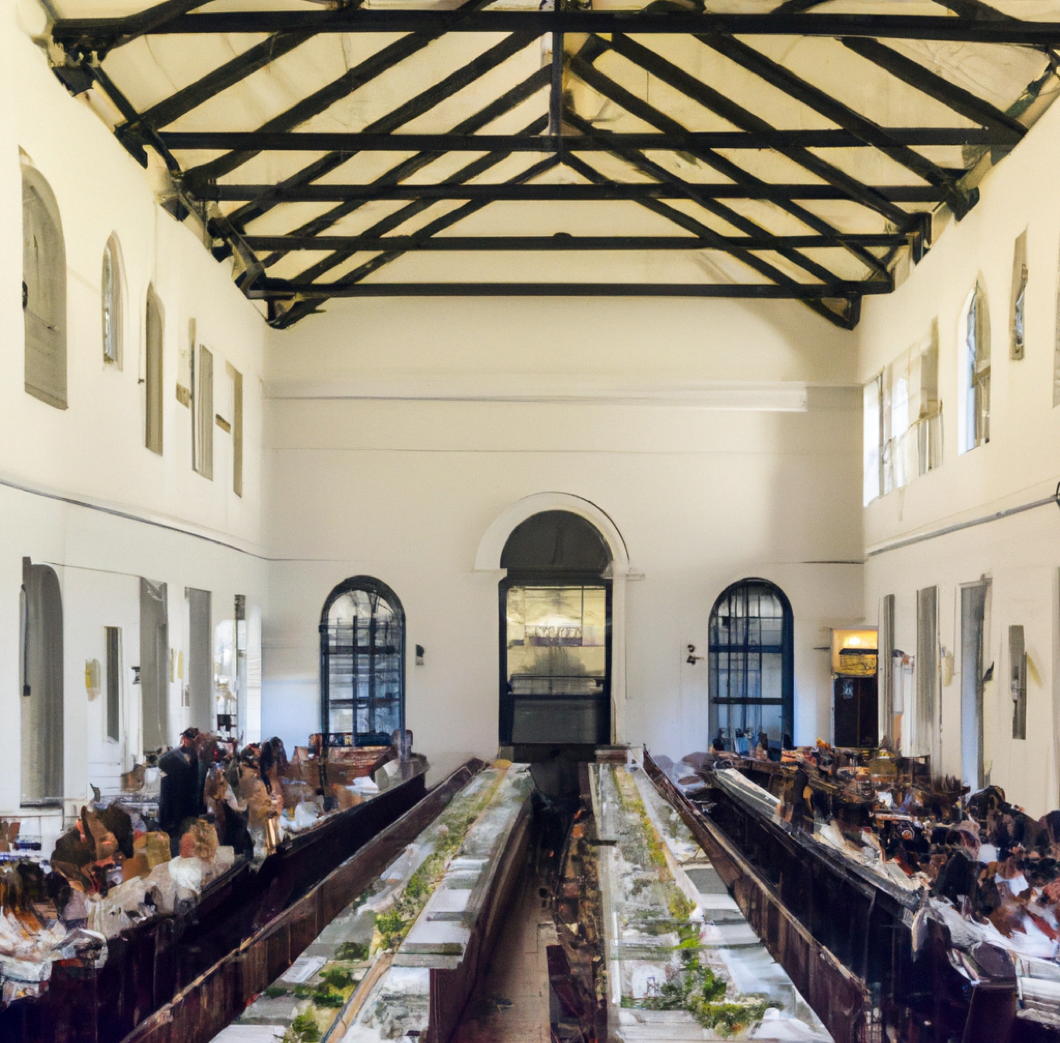
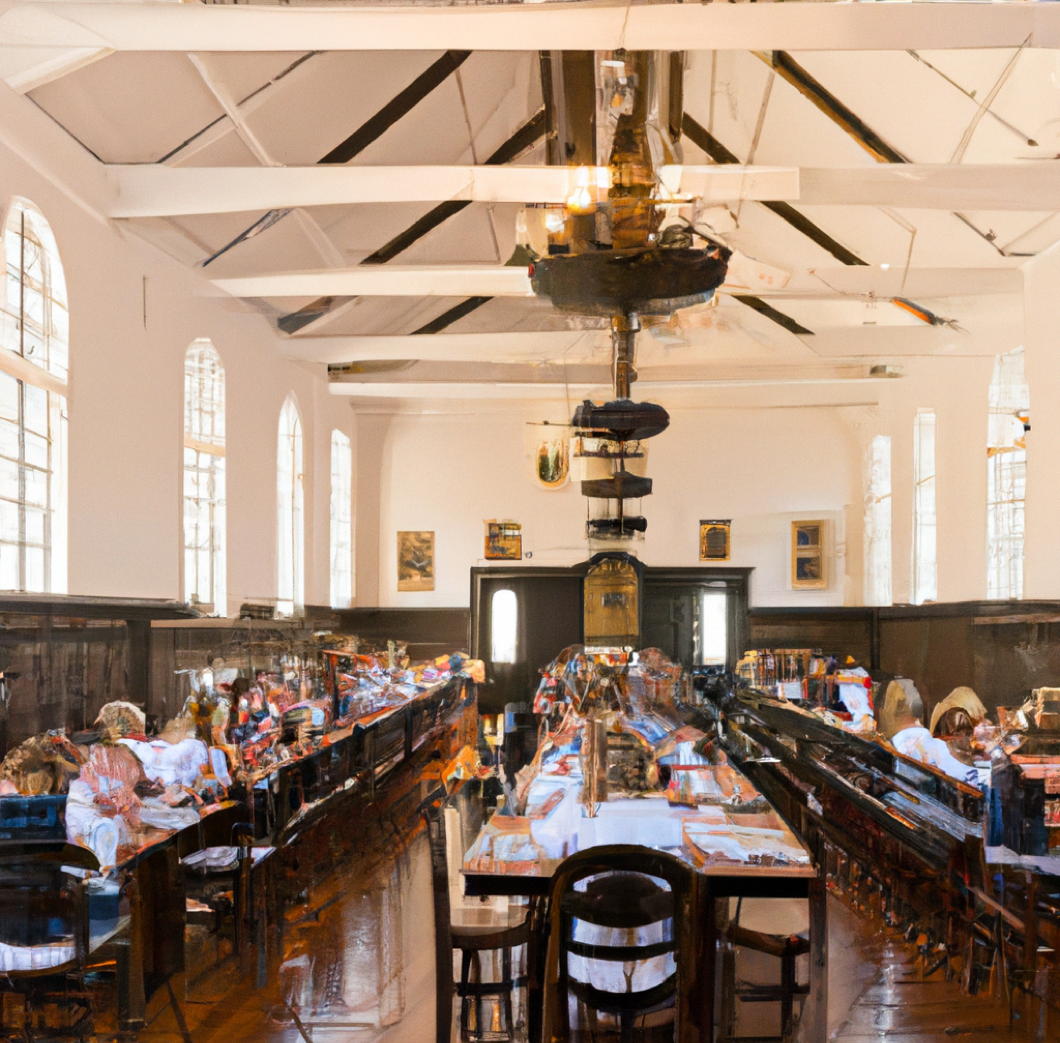
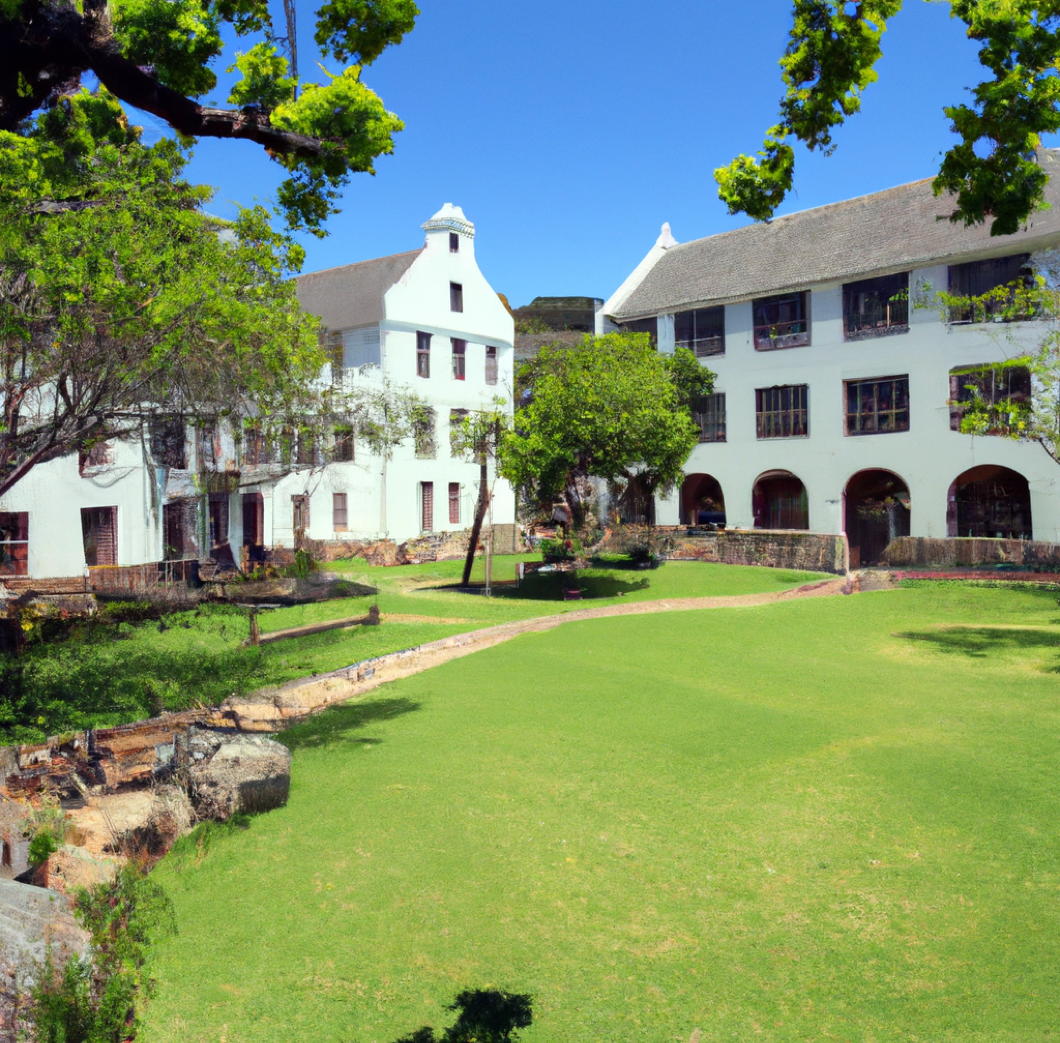
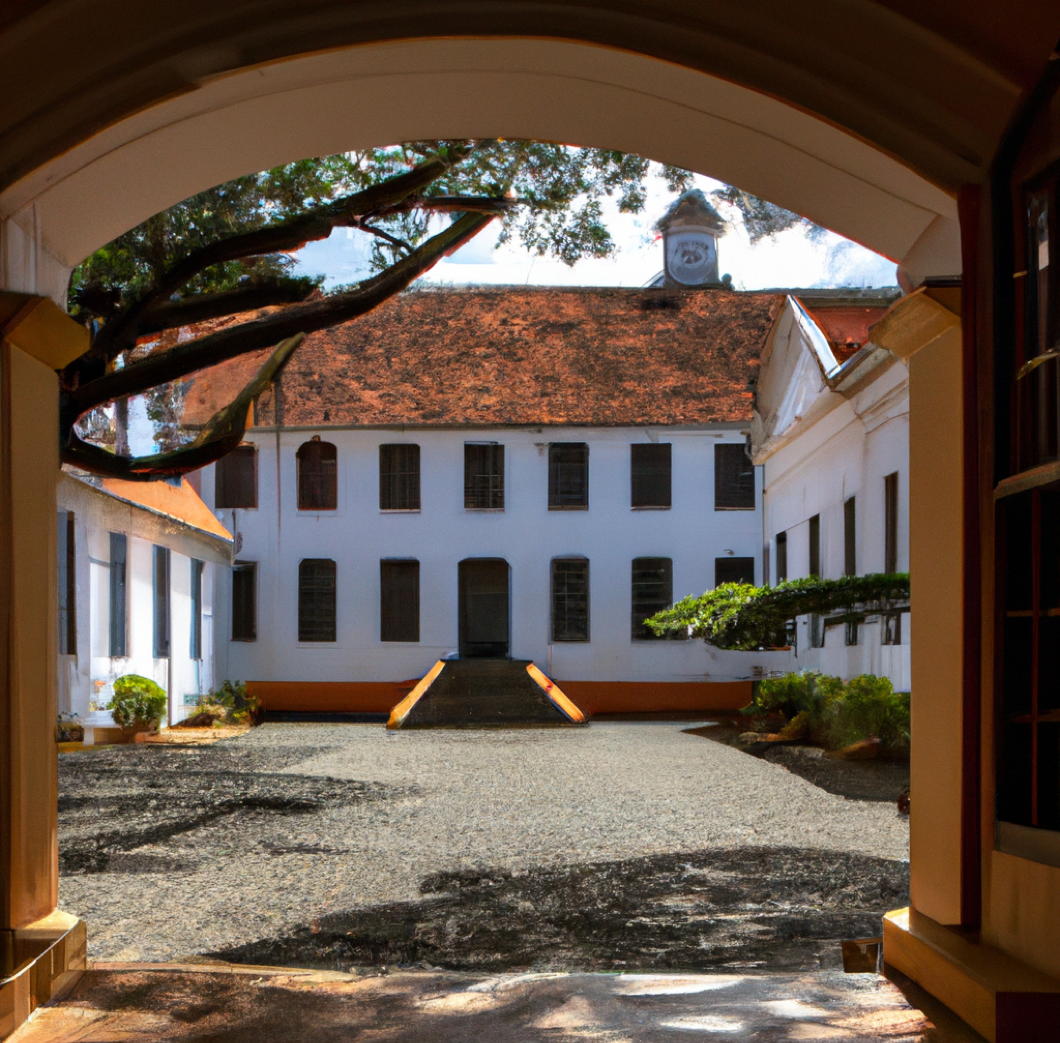
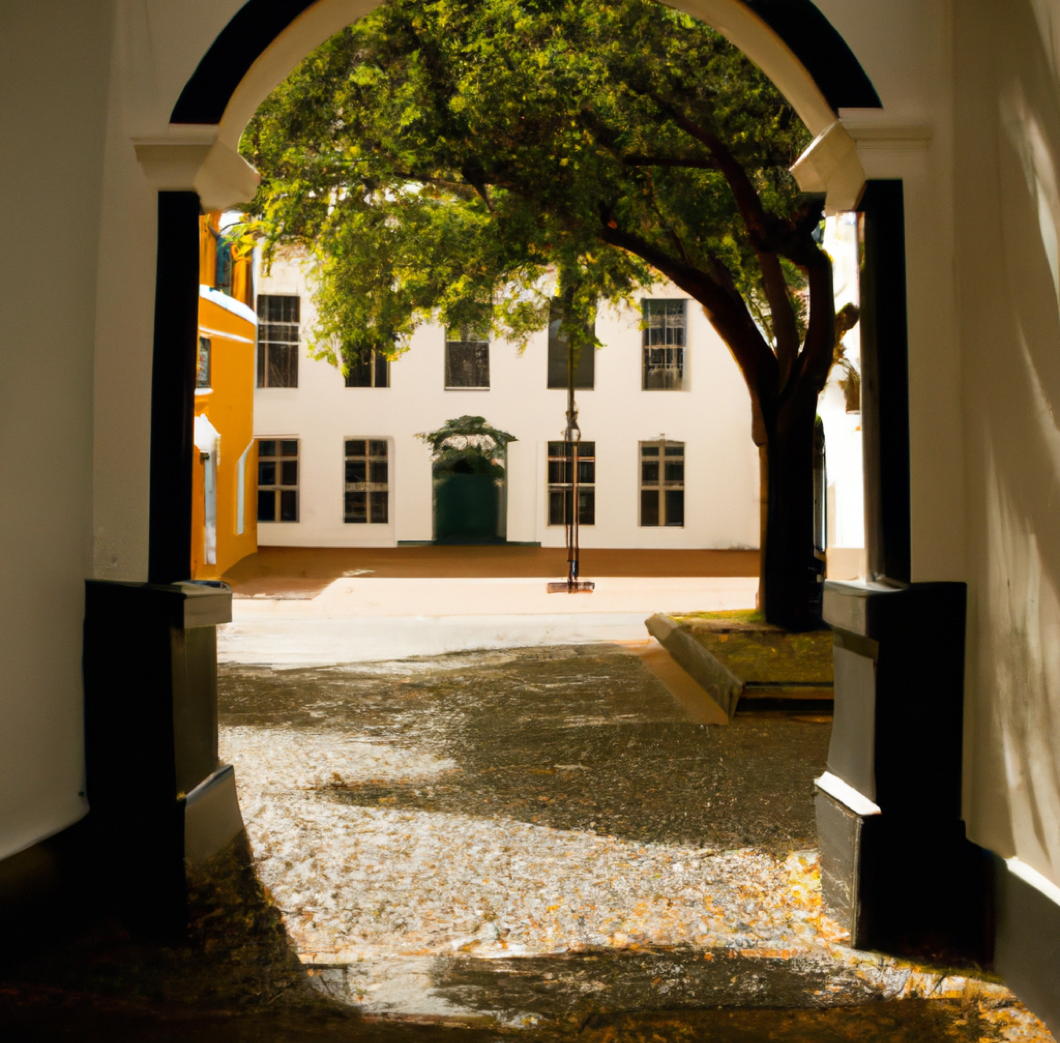
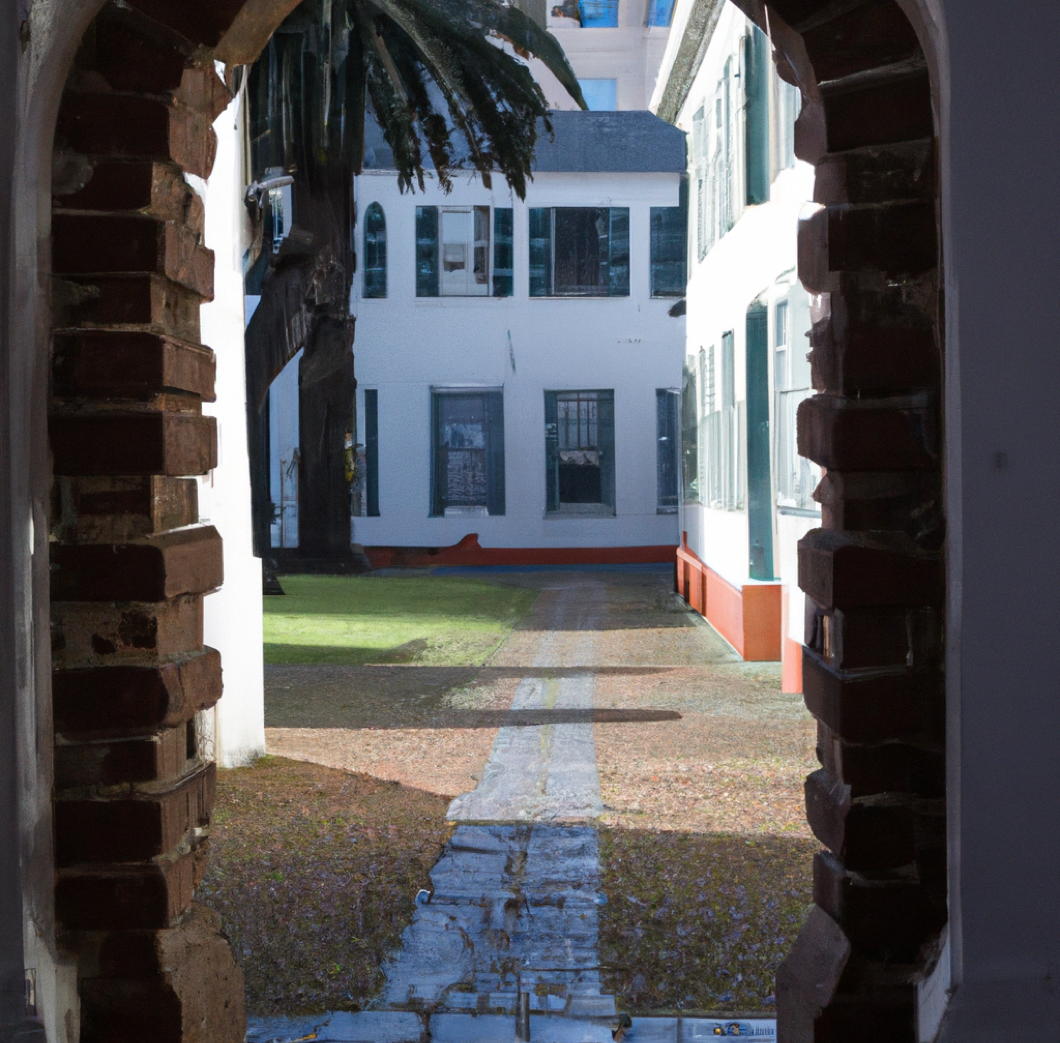
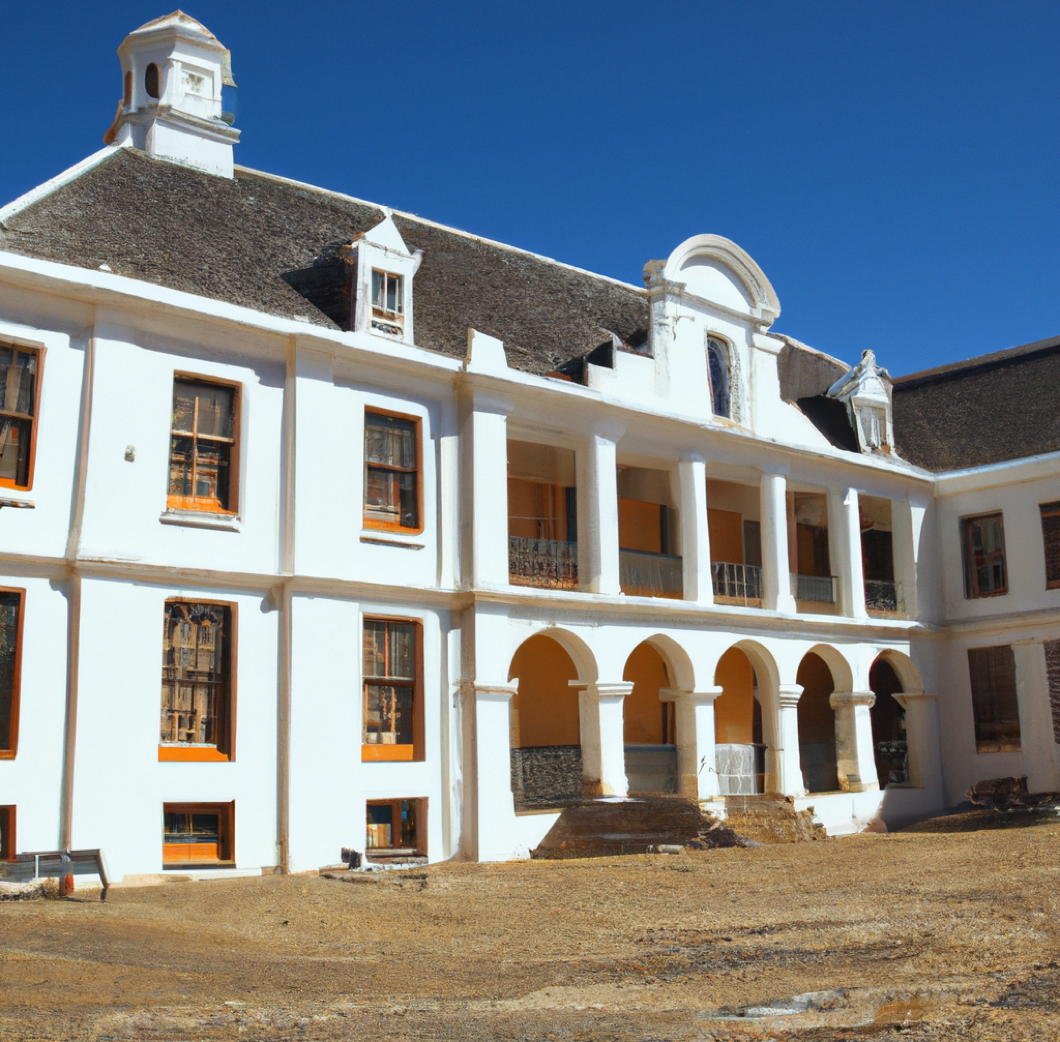
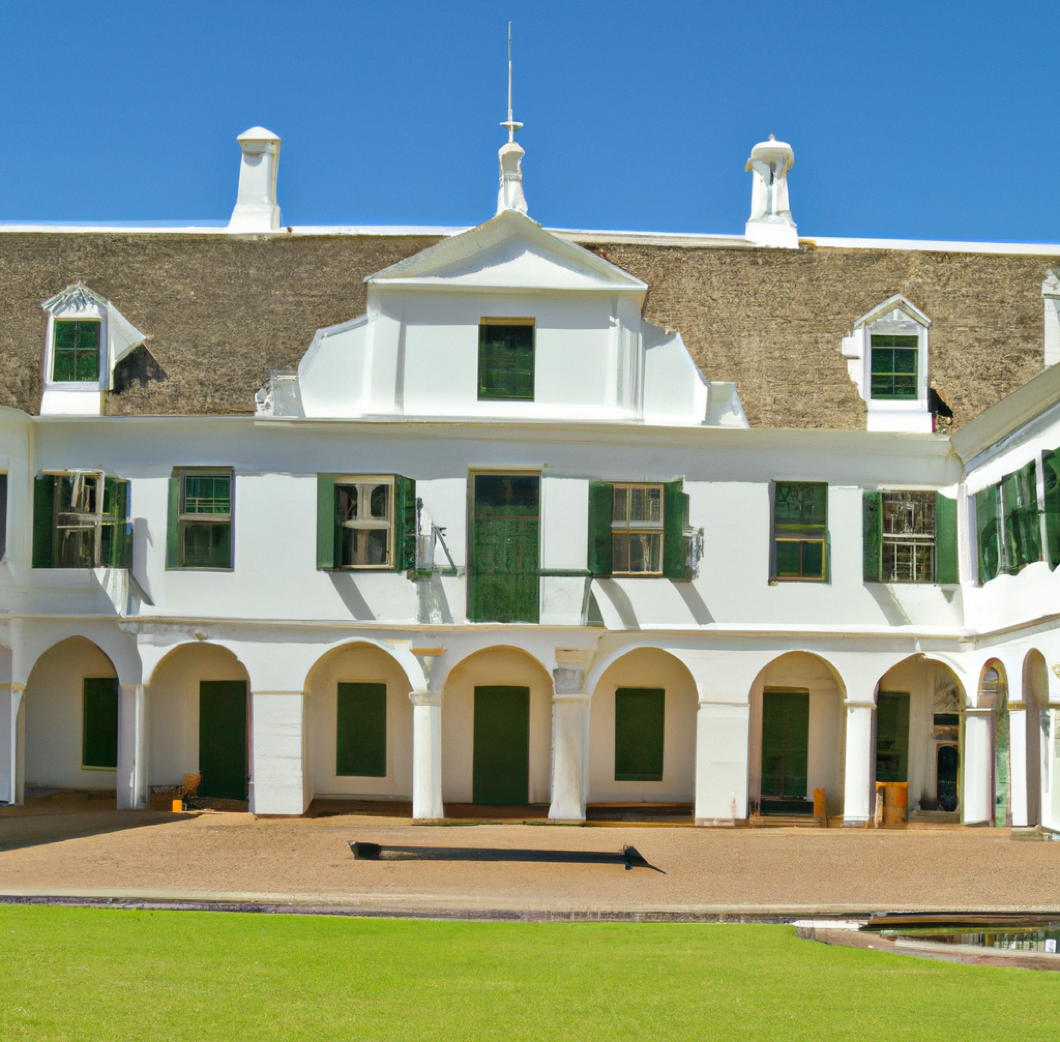
Search
Instagram: @andcusack
Click here for my Instagram photos.Most Recent Posts
- Burns Tower April 19, 2024
- Patrick in Parliament March 18, 2024
- Articles of Note: 13 March 2024 March 13, 2024
- Cambridge March 9, 2024
- Taken on Trust March 4, 2024
Most Recent Comments
Book Wishlist
Monthly Archives
Categories



To what degree does Stellenbosch correspond to your ideal of a Cape-Dutch Oxford?
Too little, alas, though it comes close.
The university buildings are less collegial/cozy and a bit too spread out, but much of the old town is still excellent. And the country houses in the surrounding district.
Aidan Hartley has previously made the comparison: [link].
I’d like to see AI redesign Harvard in a Central European late Baroque and Rococo style…